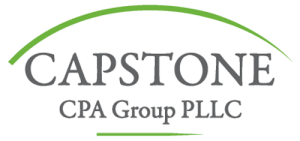Useful financial information (Part 1)
As I mentioned last week in my post titled: Accounting what does it mean to you? I mentioned that accounting is the business of information. Without useful financial information your business can falter, or experience stagnated growth.
Today, I will spend a little time talking about quality financial information, and the unintended consequences of having poor, or outdated, or useless accounting information/records.
If high quality, accurate and timely financial information is important for businesses to make accurate decisions about their businesses, then why do so few businesses invest in quality accounting and financial information, and what are some of the consequences of poor investments?
Why do so few businesses invest in quality accounting and financial information?
- They believe this information is too expensive
- They do not have the right type of training to use or analyze the information they have
- They spend more time working in their business than working on their business
- They have other problems that are more pressing
So what are some of the consequences of having poor financial and accounting information available?
- Bills are not paid timely, and interest charges and penalties are incurred
- Major decisions are made before taking the proper time to analyze how those decisions will affect things like client relations, cash flows, client acquisition/retention, capital improvements, employee needs…the list goes on and on…
- Taxes- while not usually the driver of the bus, taxes are very important and most small businesses do not spend enough time forecasting how they will pay their bills, and the tax man
- Funding sources/Investor relations- There are few things that will turn off an investor quicker than finding out that your reports are incomplete, inaccurate or non-existent.
- Increased receivable balances- So you are working harder, but making less money…Usually the problem is in receivables. As businesses grow, they can no longer rely upon their old collection methods with clients.
- Inaccurate break-even points for product or service analysis by type.




